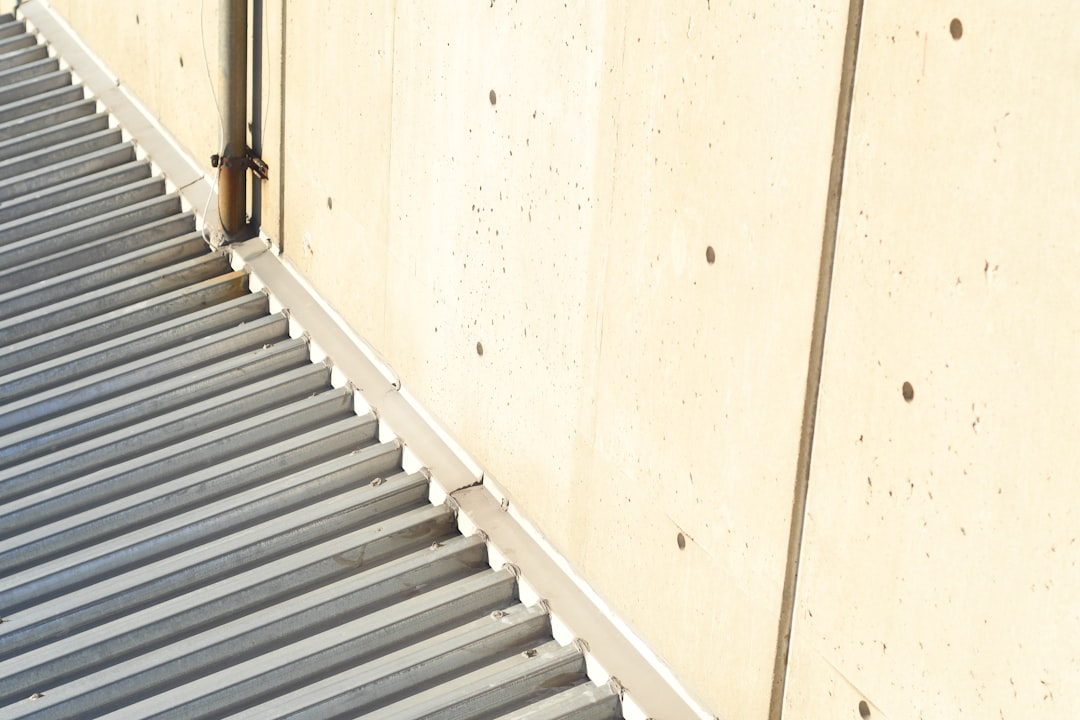Cost to Install Baseboard Heating System Guide
Price source: Costs shown are derived from our proprietary U.S. construction cost database (updated continuously from contractor/bid/pricing inputs and normalization rules).
Eva Steinmetzer-Shaw
Head of Marketing
Understanding the True Cost to Install a Baseboard Heating System
Installing a baseboard heating system involves various costs that professionals in the construction trade must consider. In Des Moines, the cost to install a baseboard heating system typically ranges from $650 to $1,200 per opening, depending on several factors. These include material pricing, labor rates, electrical upgrades, and regional market conditions. Our AI-driven estimating engine captures every variable in real time, providing transparent, job-ready numbers. Below, we break down the factors that shape project budgets in the Des Moines area.
Key Cost Drivers
- Heater type: electric, hydronic, or high-efficiency radiant panels
- Length of wall coverage needed per room
- Electrical capacity upgrades such as new circuits or breakers
- Thermostat style and smart-home integration
- Finish carpentry for trim removal and reinstallation
- Permit fees and inspections required by local code
Material Pricing in Des Moines
CountBricks pulls live supplier feeds for wire, breakers, baseboard elements, and trim, then pairs them with regional markups. Here’s how that impacts your bottom line:
- Electric baseboard units: $35–$70 per linear foot depending on wattage and finish
- Hydronic units: $110–$150 per linear foot, including fluid lines and covers
- 12-2 NM cable: $0.50–$0.90 per foot as of this week
- Smart thermostats: $85–$180 each, plus mounting hardware
Real-time data ensures that if copper prices spike overnight, your estimate updates automatically—no surprises when materials arrive.
Labor Rates and Crew Composition
Residential electricians in Polk County average $55–$85 per hour. A two-person crew typically completes a 1,200 sq ft retrofit in one day. Carpentry support for trim removal adds about 3–4 labor hours. Using voice input, CountBricks logs trade hours by task—demolition, rough-in, finish—so your client sees an itemized labor report instead of a single lump sum.
Do-It-Yourself vs. Hiring Professionals
- DIY material cost may look cheaper, but tool rentals, code errors, and callbacks often push actual spend higher.
- Verified contractors bundle labor, warranty, and permit handling, saving 10–15% on rework and delays.
- Our AI compares DIY and pro scenarios side-by-side, giving clients a confident choice before signing.
Regional Adjustments for Iowa Winters
- Design temperature: Des Moines planning loads hover around -6 °F, driving demand for higher wattage units.
- Energy codes: Iowa’s 2021 IECC adoption triggers mandatory thermostat setbacks, which smart controls satisfy.
- Utility incentives: MidAmerican Energy rebates for high-efficiency electric heaters can shave $50–$150 off project cost. CountBricks flags qualifying line items automatically.
How the AI Estimate Workflow Works
- Speak your scope: “Replace 40 linear feet of baseboard in the living room, add two smart stats.”
- Live takeoff: Our software converts your words to quantities and matches them to precise blueprint zones.
- Cost engine: Materials, labor, sales tax, and permit fees populate instantly using our Des Moines price library.
- Client-ready quote: Branded PDF with alternate heater options arrives in your inbox, complete with e-signature fields.
Pro Tips for Reducing Costs
- Consolidate electrical runs to minimize circuit breaker additions
- Schedule installation during off-peak seasons to secure better labor rates
- Opt for snap-on end caps to cut finish carpentry hours
- Use programmable stats to capture utility rebates and long-term savings
- Order heaters in bulk through supplier partners for volume discounts
Case Study: Three-Room Retrofit Under Budget
The Johnson family requested a 75-linear-foot electric baseboard retrofit across three bedrooms. Initial competitor quotes ranged from $5,800 to $8,400. They received an AI-generated proposal at $5,150 within ten minutes. On-site work finished in eight hours, and final invoicing matched the original estimate within 1.2%. The Johnsons now report a 22% drop in winter heating costs.
Why Accurate Estimating Matters
Underestimating even five linear feet of heater at $60 per foot adds $300 straight to overhead. Inflate wattage unnecessarily and pay for capacity never used. CountBricks eliminates both risks by aligning live pricing with precise room loads, supporting contractors and clients alike.
Ready to Quote Your Next Project?
Visit CountBricks.com to launch a voice estimate, or book a free, 15-minute blueprint review. In less time than it takes to unbox a heater, you’ll know the exact cost to install a baseboard heating system in your Des Moines home—backed by real data and the industry’s most advanced AI platform.
Deep Dive: Electrical Upgrades and Hidden Savings
While material prices grab headlines, electrical upgrades often dictate the final cost to install a baseboard heating system. A single 20-amp breaker can run $45, but if your panel is full, you may face a $900 sub-panel addition. CountBricks simulates load calculations in seconds, alerting you to capacity issues before an electrician ever sets foot on site. That foresight prevents change orders—the bane of homeowner trust.
Smart Thermostats: Expense or Investment?
- Basic mechanical stats cost $25, yet waste up to 15% in standby heat
- Mid-tier programmable units at $100–$300 recoup their price within two Iowa winters
- Premium Wi-Fi stats average $65–$200, but MidAmerican rebates can offset 50%
CountBricks’ quote builder presents these tiers side-by-side, so clients choose savings trajectories, not just products.
CountBricks Field Feedback Loop
Once installation wraps, technicians log actual hours by voice. The platform compares field data to the original estimate, refining future algorithms. With each project, the margin of error shrinks—currently sitting at 1–3% across our residential portfolio.
Next Steps
- Upload your floor plan to CountBricks.com
- Schedule a same-day virtual walk-through
- Receive a locked-in proposal, complete with permit guidance and rebate forms
Accurate, fast, and transparent—CountBricks turns the question “What’s the cost to install a baseboard heating system?” into a fixed, dependable number you can build on.

